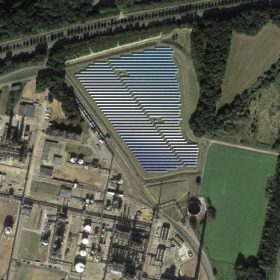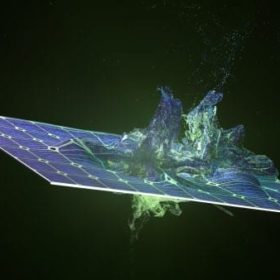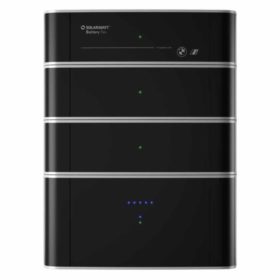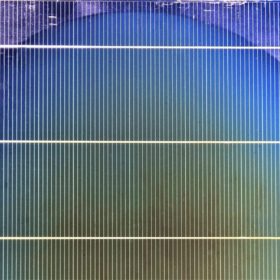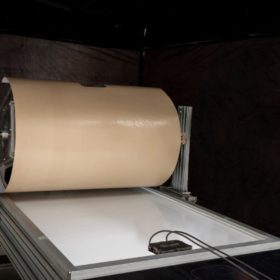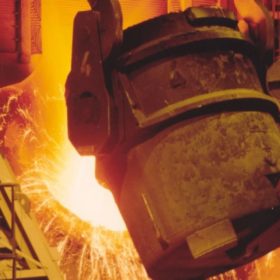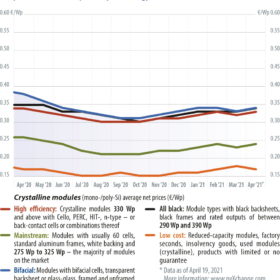Saturday read: Politicians tend to overpromise, except when it comes to solar
The speed of all transitions is inherently underestimated, and solar PV is no exception. The EU has grossly underestimated its coming of age, as its forecasts for 2020 were off by 67% for the Netherlands and 74% for Germany, writes Rolf Heynen, CEO of Dutch New Energy Research.
Investigating all-manganese flow batteries
Scientists in Germany fabricated an all-manganese flow battery, which they say serves as a proof of concept for the potential of such devices. Their results working with various battery configurations show that cheap, abundant manganese has plenty of potential for flow battery applications; and is worthy of further investigation in the frame of developing sustainable energy storage technologies.
New process to recycle silicon, silver and glass from end-of-life PV panels
A €4.8 million (AU$7.5 million) EU-funded research project is aiming to develop a process that allows recovering all components of a photovoltaic module.
Solarwatt, BMW launch new storage system for residential PV
The smallest of the storage units has a capacity of 4.8 kWh and an output of 1.5 kW. It can be expanded to eight battery modules in steps of 2.4 kWh and has a maximum of 57.6 kWh, and 6 kW, of power.
Simplifying solar cell deposition
Scientists in Germany have developed a new process for deposition of silicon dioxide layers during cell production. Without the need for high pressure, flammable gases, or vacuum conditions, the process could lead to cost reductions for cell manufacturers, provided it can be developed and applied in a large-scale production setting.
A repair tape for cracked backsheets
Backsheet failures have plagued the industry, causing hefty financial burdens to many asset owners. DuPont has launched a product it says allows for easy repair of modules.
German hydrogen demand likely to pick up from 2030, says Fraunhofer
Widespread green hydrogen deployment will be key to achieving stringent climate targets, and German hydrogen demand is set to grow from the 80 TWh range in 2030 to between 400 TWh and 800 TWh by 2050, according to a new joint study by several Fraunhofer-related entities.
Sunday read: Is sustainable market development possible?
Module manufacturers have once again adjusted their prices upwards. This is already the third or fourth price increase in the last six months, and there is no end in sight, writes Martin Schachinger of pvXchange. But why is it so hard to achieve long-term, sustainable development in the global solar market, at least on the part of manufacturers? Few other industries are so turbulent, with constant swings between excess supply and bottlenecks, between price collapses and price rises – and always to the breaking point of the market. Yet again, planning security is out the window.
Saturday read: Manufacturing meets big data
As PV manufacturing lines continue to get larger, keeping track of the measurement data that’s vital for quality and process control becomes an ever more herculean task. Flashing equipment supplier h.a.l.m. has developed a software solution that keeps all of this data in one place and provides operators with a real-time view of production line performance and quality. pv magazine caught up with Managing Director Michael Meixner to discuss the latest on big data in PV manufacturing.
Simple trick to protect PV systems from pigeons
A German PV system owner has developed a simple solution intended at preventing the birds from nesting under the modules.
